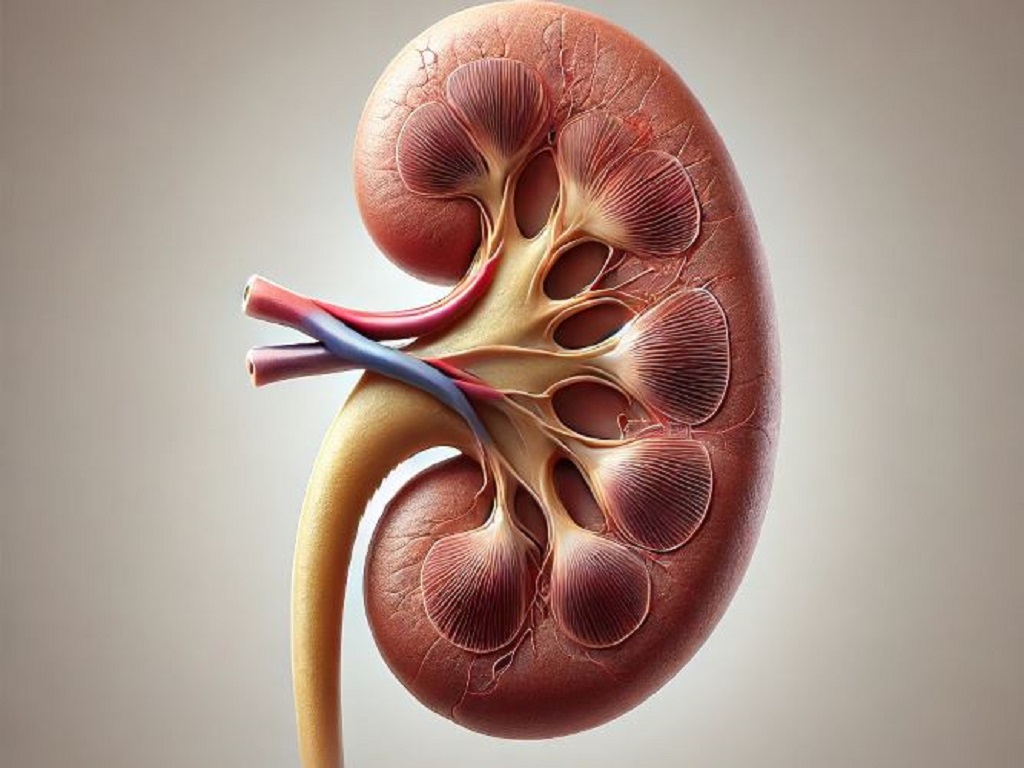Hematuria is the presence of blood in the urine. Causes of hematuria include urinary tract infections, kidney stones, or bladder stones. Additionally, glomerulonephritis can also cause this condition.
Glomerulonephritis is often caused by bacteria, diabetes, high blood pressure, or certain autoimmune diseases. The glomeruli are responsible for filtering blood and removing waste products through urine. Therefore, they are a very important part of the kidney, according to the health website Healthline (USA).

Glomerulonephritis is a serious condition that can lead to kidney failure.
If left untreated, glomerulonephritis can lead to kidney failure, even requiring a kidney transplant. One of the most common signs of glomerulonephritis is blood in the urine. Blood mixes with the urine, giving it a pink or brown color. Sometimes, the amount of blood leakage is so small that it cannot be detected with the naked eye and can only be observed under a microscope.
However, blood in the urine is not always a sign of glomerulonephritis. To help patients recognize the risk, in addition to blood in the urine, glomerulonephritis can also present with the following symptoms:
Foamy urine
Glomerulonephritis often causes protein to leak into the urine, making the urine foamy or bubbly.
Body edema
Glomerulonephritis impairs kidney function, leading to fluid retention in the body. This can result in swelling in the face, legs, or abdomen.
High blood pressure
Glomerulonephritis causes the body to retain salt and water, resulting in increased blood pressure. A study published in the journal Hypertension Research found that approximately 70% of patients with glomerulonephritis experience hypertension. Excessively high blood pressure can damage the blood vessels in the kidneys, leading to more serious kidney damage.
Body fatigue, infrequent urination.
When kidney function declines, toxins accumulate in the blood, causing extreme fatigue. In addition, patients may experience decreased urination. This is because the filtering function of the glomeruli is impaired, leading to a reduction in the amount of urine excreted.
The above symptoms of glomerulonephritis can appear suddenly or develop silently over time. Therefore, to protect the kidneys, everyone needs regular health checkups, especially those at high risk, according to Healthline .
Source: https://thanhnien.vn/tieu-ra-mau-dau-hieu-canh-bao-benh-gi-185250227134605679.htm











































































































Comment (0)